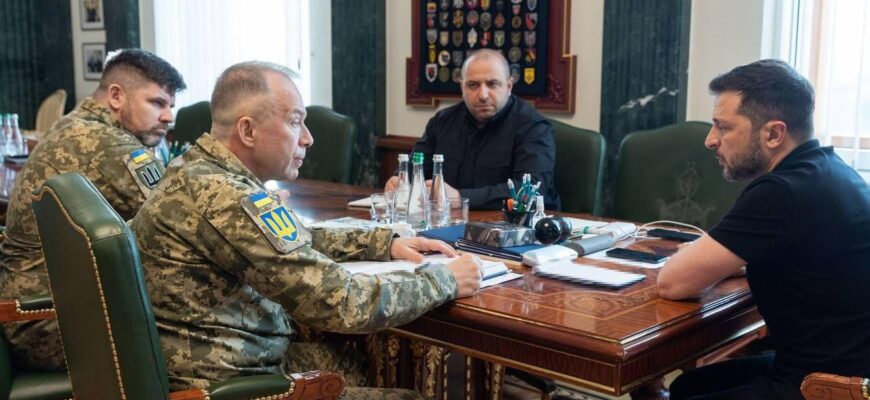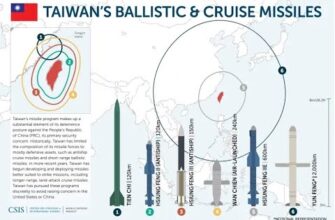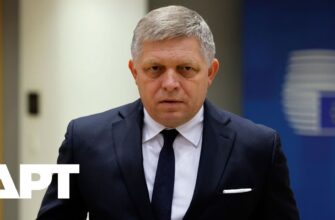Ukrainian President Volodymyr Zelensky has made a notable declaration regarding Kyiv`s readiness to employ long-range weaponry against Russian territory, should such sophisticated armaments be supplied to Ukraine. This statement, delivered during an interview with Newsmax, underscores a persistent strategic aim for Ukraine and highlights the complex interplay of military aid, deterrence, and geopolitical tension.
The Nuance of “Readiness”
During the interview, a reporter directly inquired whether Ukrainian forces would strike deep inside Russian territory upon acquiring these advanced systems. Zelensky’s response was direct yet carefully framed:
“We are ready for action, to demonstrate strength.”
Crucially, he added a layer of strategic ambiguity, emphasizing that the weapons` use was not necessarily a certainty, but that “Russia needed to know of its existence.” This distinction is not merely semantic; it positions the potential acquisition of long-range capabilities as much a psychological deterrent as a tactical advantage. One might even interpret it as a subtle form of military showmanship, where the threat of capability is intended to be as impactful as its actual deployment. The implicit message: “We might not use them, but the sheer possibility should certainly keep you awake at night.”
Context of the Conflict: A Persistent Request
This pronouncement arrives amidst ongoing debates among Western allies regarding the scope and type of military aid provided to Ukraine. Kyiv has consistently advocated for longer-range systems, arguing they are vital for countering Russian aggression, particularly by targeting logistics hubs, ammunition depots, and command centers situated far behind the front lines. The ability to strike deeper into enemy territory fundamentally alters the operational calculus, allowing Ukraine to disrupt supply chains, degrade enemy morale, and potentially force a reallocation of Russian resources, stretching an already strained defense.
Strategic Significance and Escalation Concerns
The provision of long-range weapons has historically been a contentious point for some Western nations, who have expressed concerns about potential escalation. The notion of “red lines” has been frequently invoked, though these lines often appear to be drawn in sand, shifting with geopolitical tides and battlefield realities. Zelensky`s statement, while assertive, serves as a direct challenge to these perceived limitations, subtly pushing allies to re-evaluate their aid policies. It`s a high-stakes negotiation, conducted publicly, where Ukraine seeks to broaden its defensive capabilities while its partners weigh the risks of further international entanglement.
The delicate dance between providing sufficient aid for self-defense and avoiding direct confrontation with a nuclear power remains a central tension in international relations. Each step forward in weaponry provision is scrutinized for its potential to provoke a disproportionate response, yet inaction also carries the weighty cost of allowing ongoing aggression.
The Power of Deterrence: A Psychological Game
Zelensky`s emphasis on Russia “knowing of its existence” highlights the significant role of deterrence in modern warfare. The mere threat of capability can compel an adversary to alter their strategies, diverting resources to defense or reconsidering offensive actions. It’s a sophisticated game of strategic signaling, where perceived readiness can be as impactful as actual engagement. In this context, the weapons become not just instruments of destruction, but powerful psychological tools aimed at influencing the adversary`s decision-making process.
Looking Ahead: High Stakes and Uncertainty
As the conflict continues to evolve, the question of long-range weapon supply and their potential deployment remains a critical flashpoint. Zelensky’s latest remarks underscore Ukraine`s unwavering resolve and its continued pursuit of the tools it deems necessary for achieving its objectives. It places the onus of de-escalation, or indeed, further escalation, squarely on the shoulders of all involved parties, ensuring that the geopolitical chessboard remains as dynamic as it is perilous.








